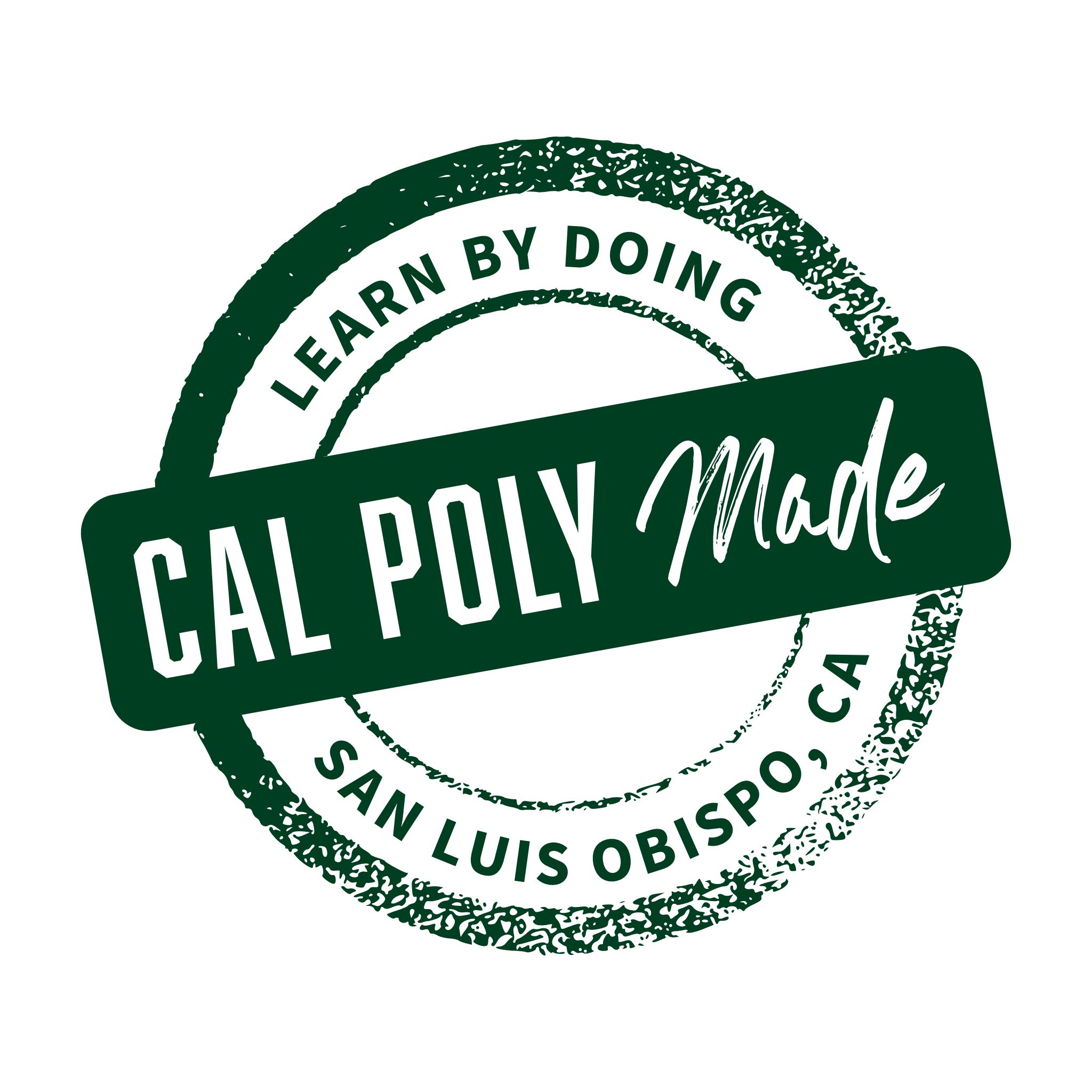Industry Partnership

On a recent afternoon, Vice President of Production at Leprino Foods Gary Germaine introduced himself and the company to a class of rapt students. With zeal for agriculture and the food sciences, Germaine discussed the value of quality assurance and production plant performance testing, both of which ensure a consistent product across Leprino Foods’ 14 production plants worldwide.
With child-like energy, Germaine wove through desks and chairs, bringing boxes of piping hot Domino’s pizza to groups of students. Next, a temperature testing gun made its way around the room as students were asked to determine the quality of the cheese before them. Germaine shared other target characteristics with students including the way the cheese fuses together on the pie, the quantity and size of dark spots, called blisters, across the pizza, and how the cheese stretches from the surface. The “salesman stretch,” as Germaine calls it, is one industry insider method that helps determine customer satisfaction.

 For Leprino Foods, the largest producer of wholesale mozzarella in America, these telltale signs are essential to a good product. Their cheese can be found on most frozen pizzas on retail shelves, as well as on pizzas from brands like Domino’s, Pizza Hut, Little Caesar’s and Papa John’s.
For Leprino Foods, the largest producer of wholesale mozzarella in America, these telltale signs are essential to a good product. Their cheese can be found on most frozen pizzas on retail shelves, as well as on pizzas from brands like Domino’s, Pizza Hut, Little Caesar’s and Papa John’s.
Thirty years ago, as a Cal Poly student himself, Germaine (Agricultural Management, ’90), was inspired by the university’s unique learning atmosphere, so much so that he is now paying it forward by visiting classes in the Food Science and Nutrition, Animal Science and Agribusiness Departments. For the Food Science Department, relationships with industry partners are a vital element of Cal Poly’s holistic education.
"Integrating industry representatives into the classroom embodies our Learn by Doing philosophy, transforming theoretical knowledge into practical experience and minimizing the gap between academia and industry, ultimately empowering students to thrive in real-world environments," said Stephanie Jung, department head of the Food Science and Nutrition Department.
Growing up in Visalia, the heart of the San Joaquin Valley, Germaine says he had “the FFA (Future Farmers of America) advantage,” where he worked on the school farm, giving him an edge in preparing for the rigor of food manufacturing later in his career. Working among farmers, dairy farmers and agribusiness specialists, Germaine was surrounded by Cal Poly alumni who encouraged him to also join the ranks of Cal Poly Mustangs. “I would absolutely say that my education from Cal Poly continues to serve me 33 years later,” Germaine said. “Involvement in the enterprise projects gave me assets to speak a common language with industry companies.”
Cal Poly students are some of the most sought-after college graduates entering the food processing industry. Leprino Foods directly recruits students for employment opportunities in quality assurance, product development and production. “We look for leaders who have the Learn by Doing work ethic,” Germaine said.
Germaine’s guest lectures are one way of introducing the food manufacturing industry to agriculture students, while other methods of recruitment are more direct, such as Leprino Foods’ presence at the career fairs. “I teach what is relevant to students’ interests in food manufacturing,” he said. “It’s eye opening and gives the flavor of the industry to students.”
“Having Gary speak to our students generates excitement and anticipation about careers in quality assurance and product development,” said Jung. “His insights highlight the excellent opportunities available at Leprino Foods, motivating our students to deeply engage in their studies and professional development at Cal Poly.”
Leprino Foods values the contributions which Cal Poly students offer to the industry because the quality of education ensures new hires are ahead of the game. “We are looking for leaders in our business,” Germaine said, “and recruitment is successful because students recognize the name from guest lectures and industry tours.”
From one Cal Poly student to the next, the Learn by Doing experience comes full circle through the university’s industry partnerships. “It allows students to ask professionals about their day-to-day operations, salaries and work conditions,” said Germaine. “This is important because we are bringing future leaders into our company. This industry is shaped by leaders.”
Visit FSN Newsletter - Spring 2024 to read more stories.

